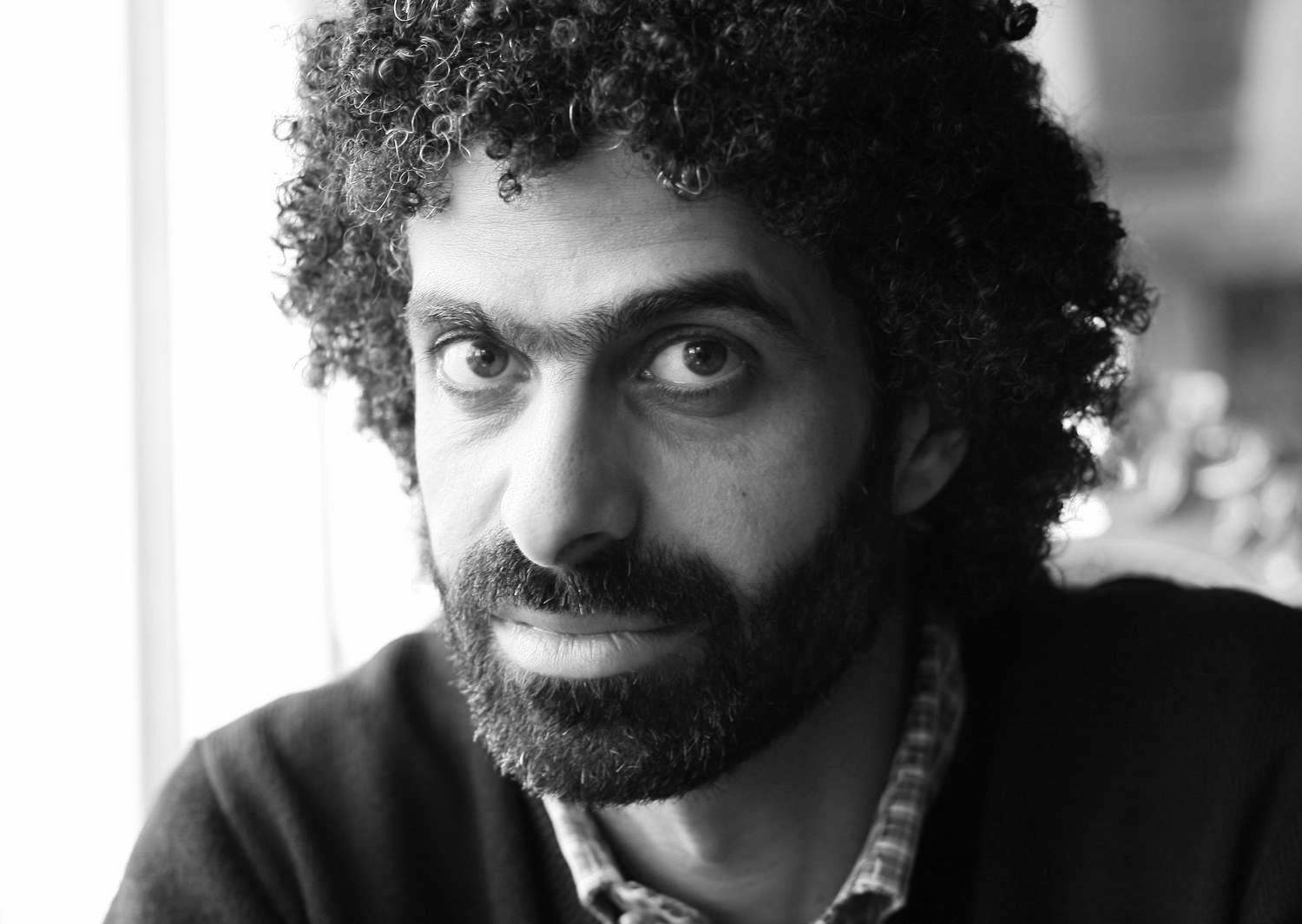Egyptian Minister of Planning, Economic Development, and International Cooperation Rania Al-Mashat witnessed the signing of an agreement to implement the second phase of the Egyptian-German Centre for Jobs, Migration, and Reintegration (EGC) project. The agreement was signed by Ambassador Nabil Habshi, Deputy Minister of Foreign Affairs for Migration and Egyptian Abroad Affairs, and Regine Qualmann, GIZ Egypt Country Director of the German Agency for International Cooperation. Anne Kofid, Head of the Social Integration, Governance, and Migration Section of the EU Delegation in Egypt, was also present at the signing.
Al-Mashat said the Egyptian-German Centre for Jobs, Migration, and Reintegration is a key area of cooperation between Egypt, the European Union, and Germany, and an important step towards achieving common developmental goals. She highlighted Egypt’s close partnership with Germany, through bilateral cooperation and debt-for-development swaps. Al-Mashat noted that a debt swap agreement worth 29 million euros was signed in late 2024 to enhance the resilience of populations affected by crises and the communities hosting them. She also pointed out the strategic partnership with the European Union, with migration being a key area of collaboration.
Established in 2020, the centre is the first of its kind in Egypt. Al-Mashat explained that the project aims to support Egypt’s youth by guiding them toward training and employment opportunities, helping to reduce irregular migration. It also assists Egyptians returning from abroad by providing social and economic services for reintegration into society.
The project aligns with the government’s human capital development objectives, a core element of Egypt’s Vision 2030, Al-Mashat added. The project aims to prepare young people for the labour market through specialised training courses in priority sectors, enhancing their capabilities.
The government is working to address irregular migration by building the capacities of Egyptian youth and providing support to local communities, Al-Mashat said. She noted that the project is also designed to increase investments in youth development, providing them with the knowledge needed to meet the demands of the labour market in vital sectors such as education, health, technology, and innovation.
Al-Mashat cited this project as a prominent example of cooperation between Egypt, the Federal Republic of Germany, and the European Union. She pointed out that several programs aimed at reducing irregular migration are being implemented, including the joint migration program between the Egyptian government, the UN, and the EU. This program is implemented through the UN Refugee Agency (UNHCR), the International Organisation for Migration (IOM), UNICEF, and the World Health Organisation (WHO), under the framework of the “Joint Platform for Migrants and Refugees,” established in November 2021 to better identify and respond to the needs of migrants and refugees and enhance coordination between stakeholders.
Al-Mashat also discussed the government’s initiatives to address irregular migration, including the “National Strategy to Combat Irregular Migration” for the period 2016-2026, developed in cooperation with the International Organization for Migration. This strategy was designed in parallel with Egypt’s Vision 2030 and contributes to achieving the Sustainable Development Goals (SDGs) and enhancing the government’s ability to manage migration effectively. The strategy is intended to enhance economic and social opportunities for migrants, ensuring the protection of vulnerable groups.
In cooperation with the Central Agency for Public Mobilisation and Statistics (CAPMAS), the International Organisation for Migration (IOM), and the European Union (EU), the second version of the “National Survey on International Migration of Households in Egypt” has been launched, Al-Mashat said. The survey is intended to deepen the understanding of the patterns and structures of international migration in Egypt and identify their impact on society.
Al-Mashat affirmed the Egyptian government’s commitment to human development, supported through cooperation with international partners, including the UN, the World Bank, the EU, the USA, Germany, and China. She said that economic development can only be achieved through investment in people.



